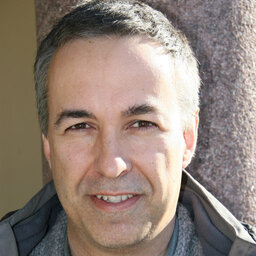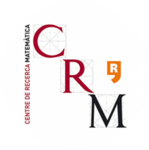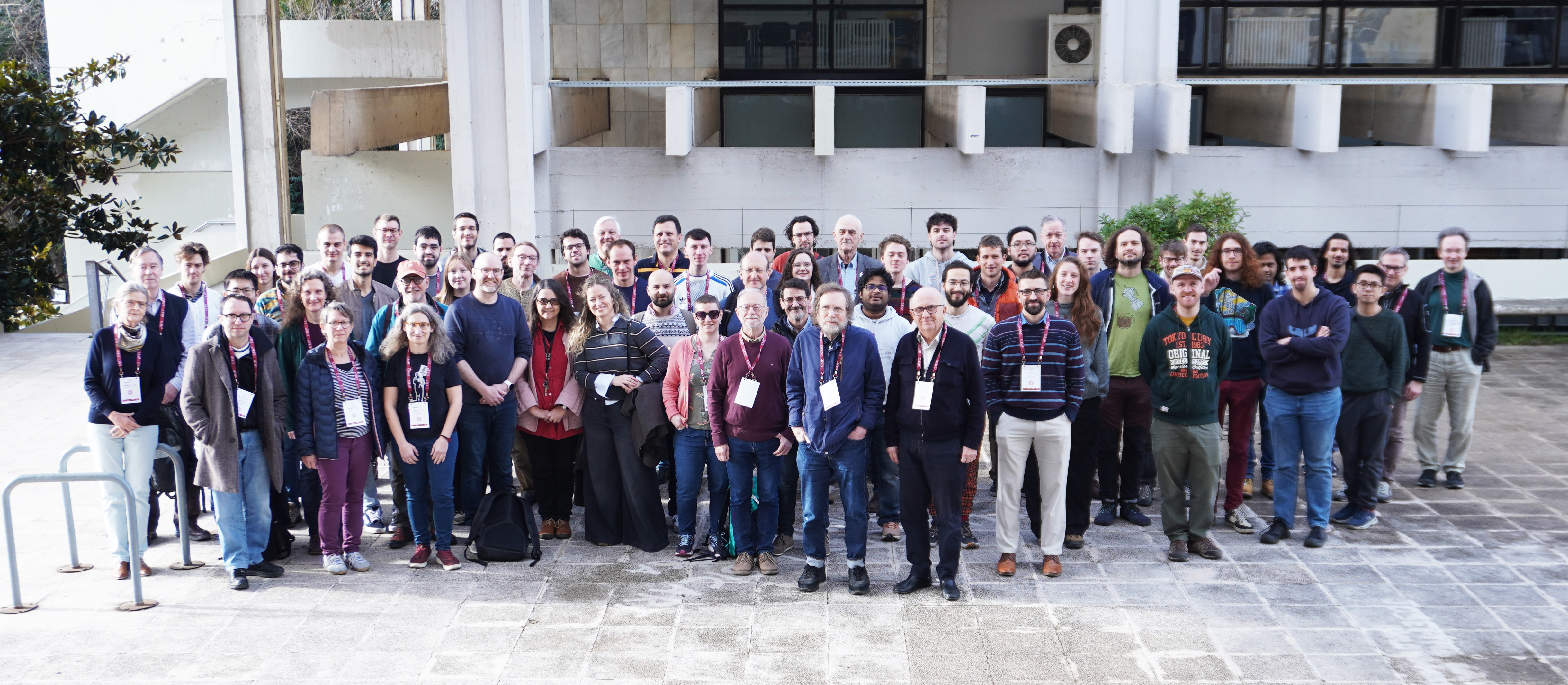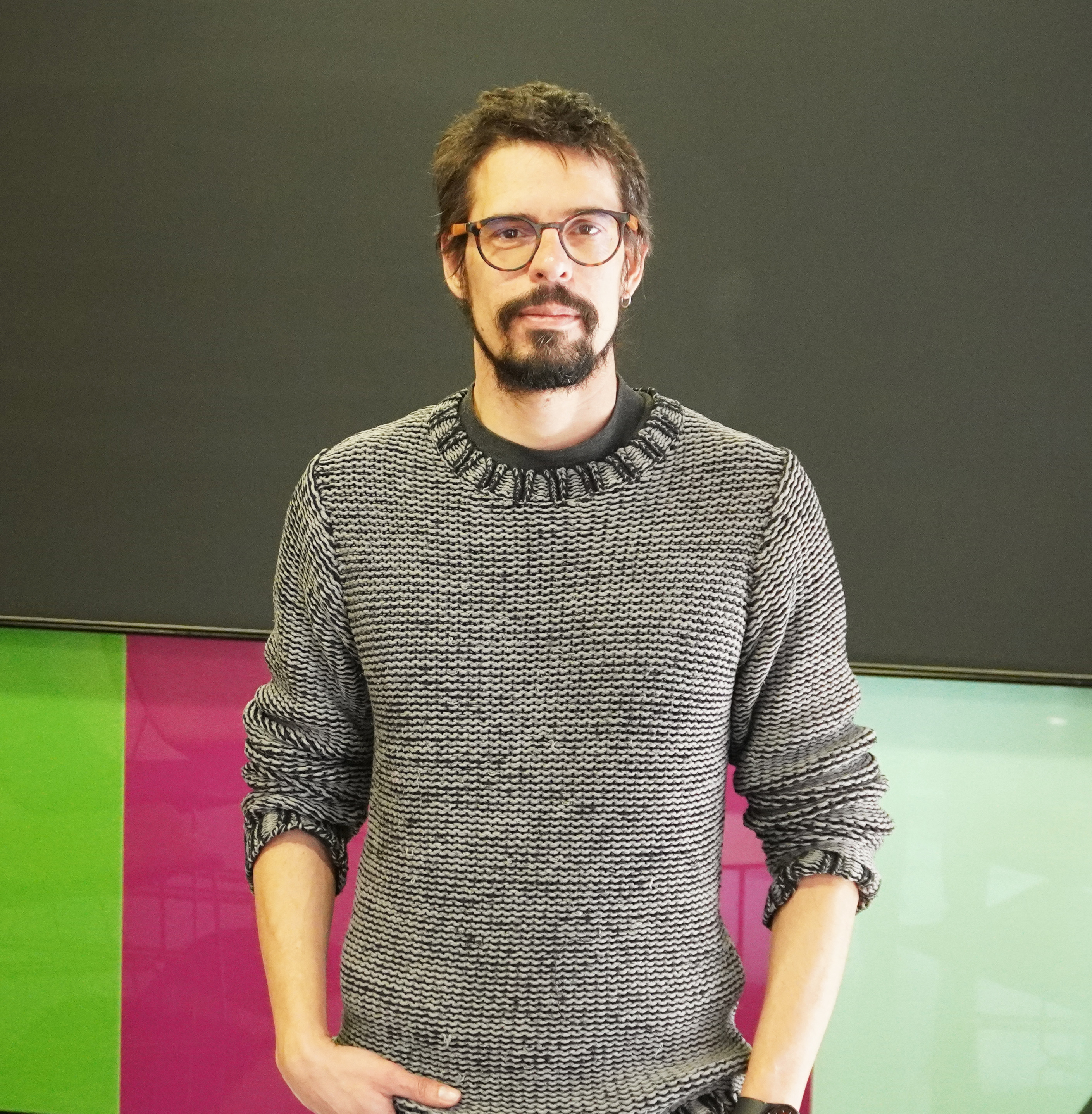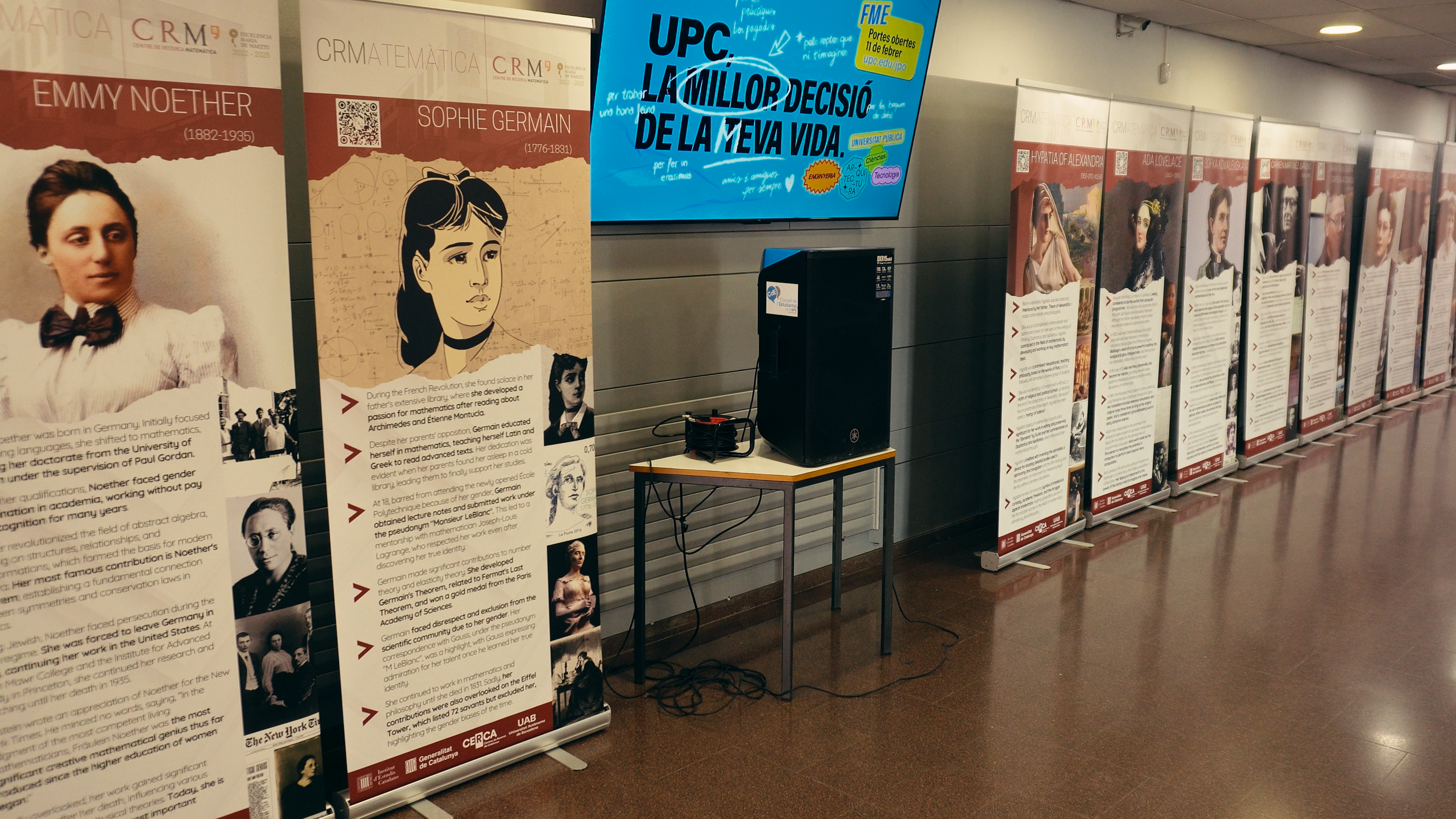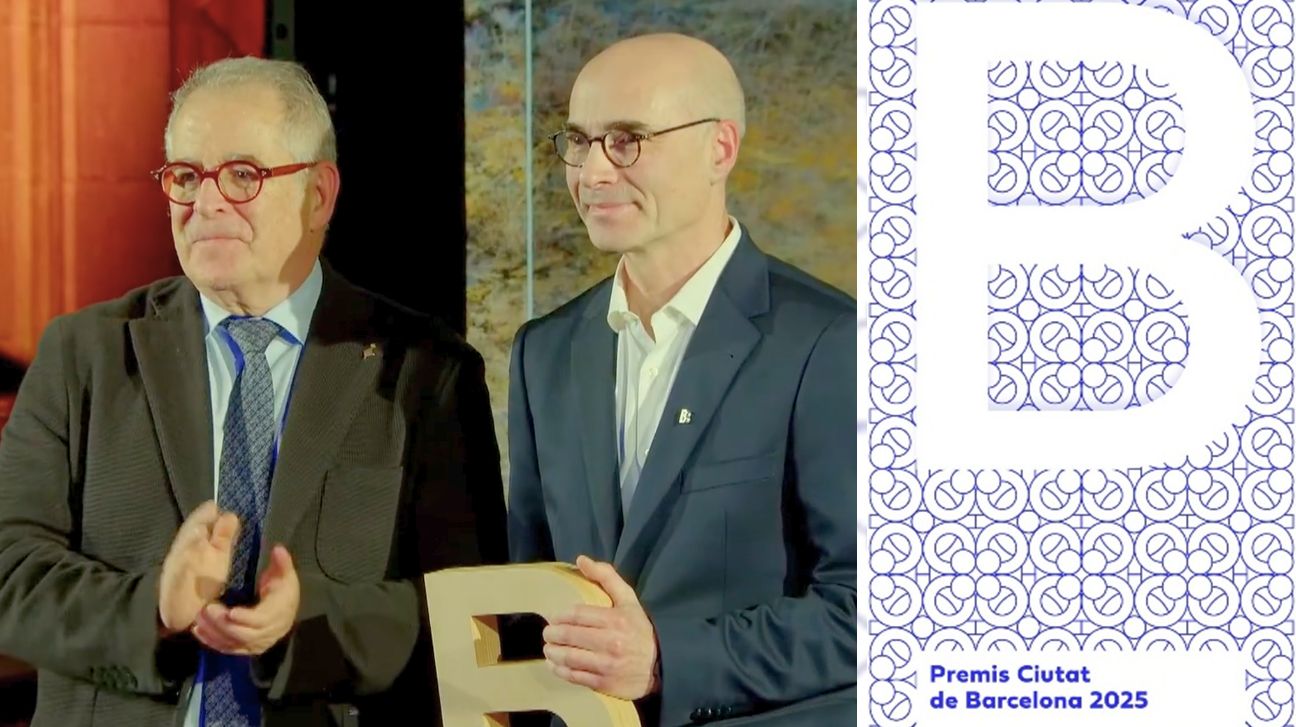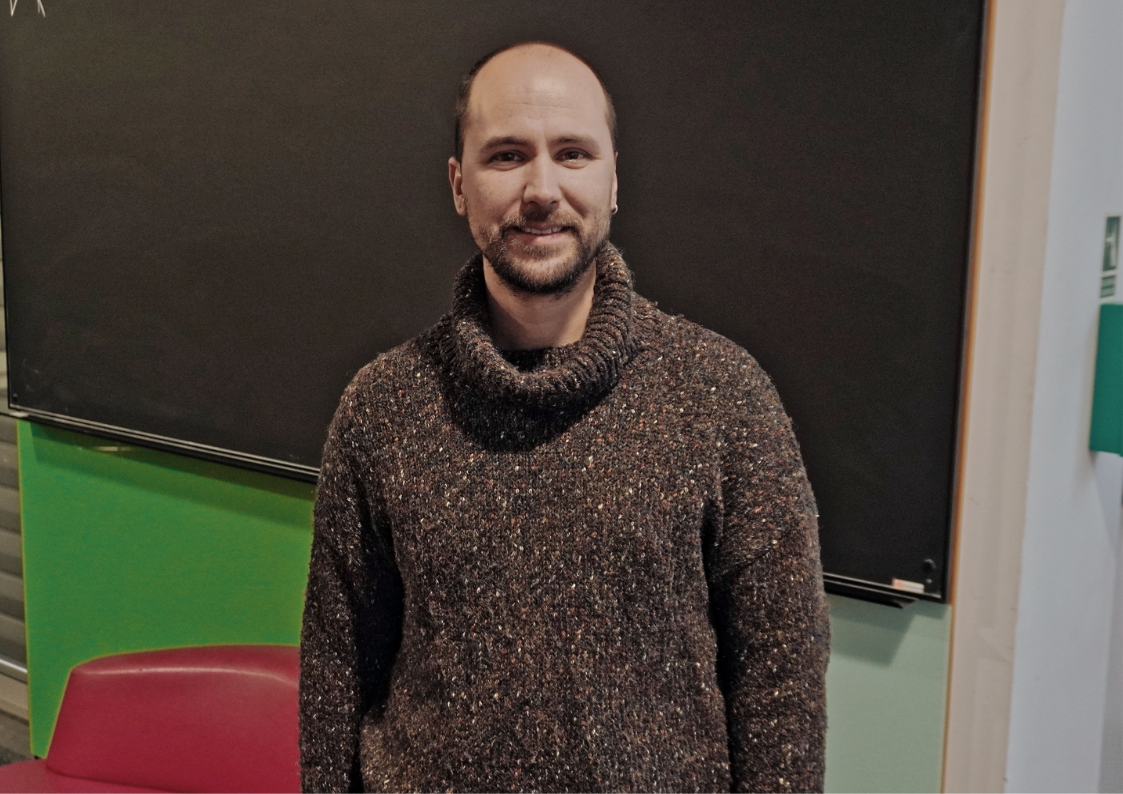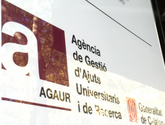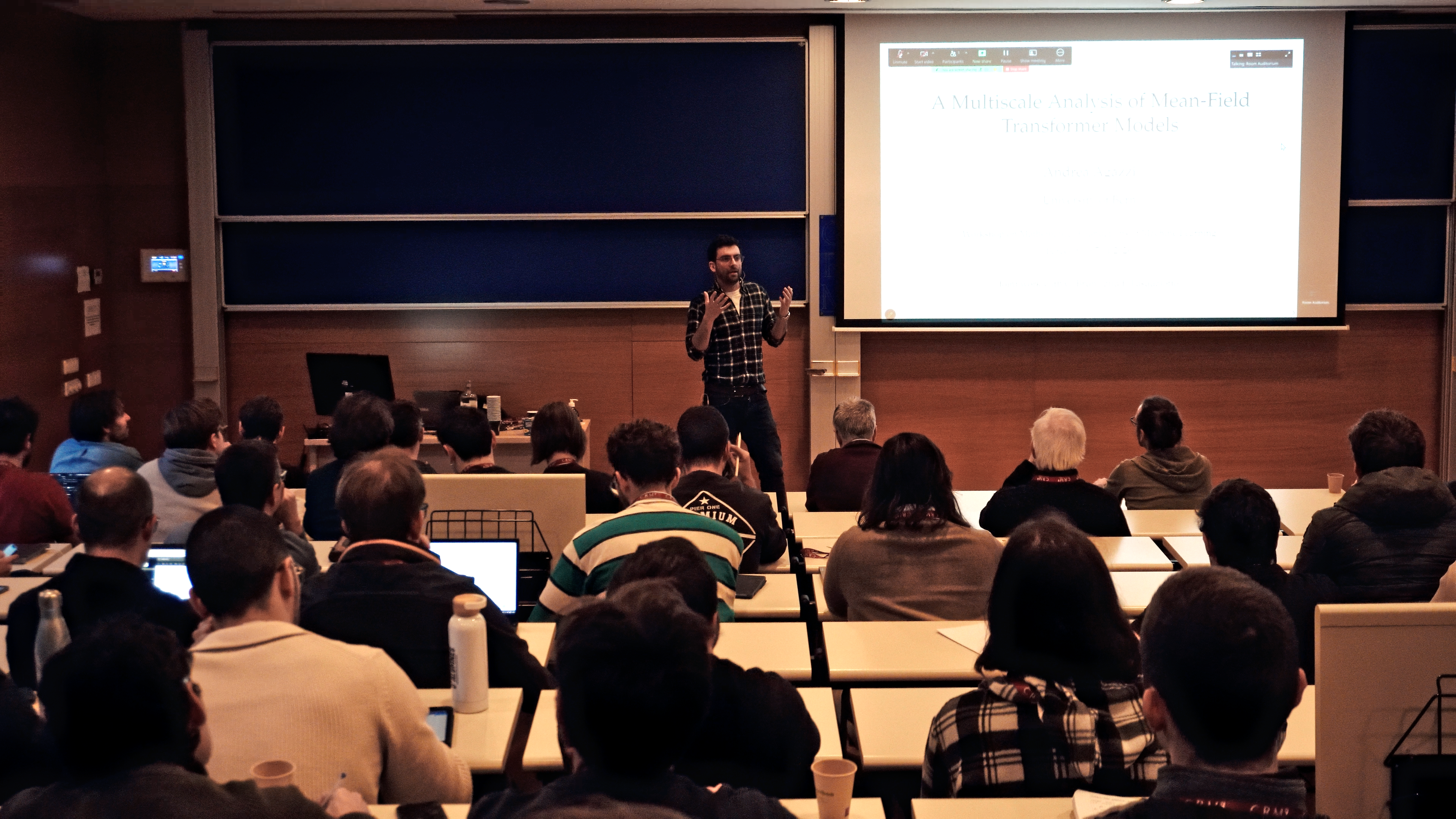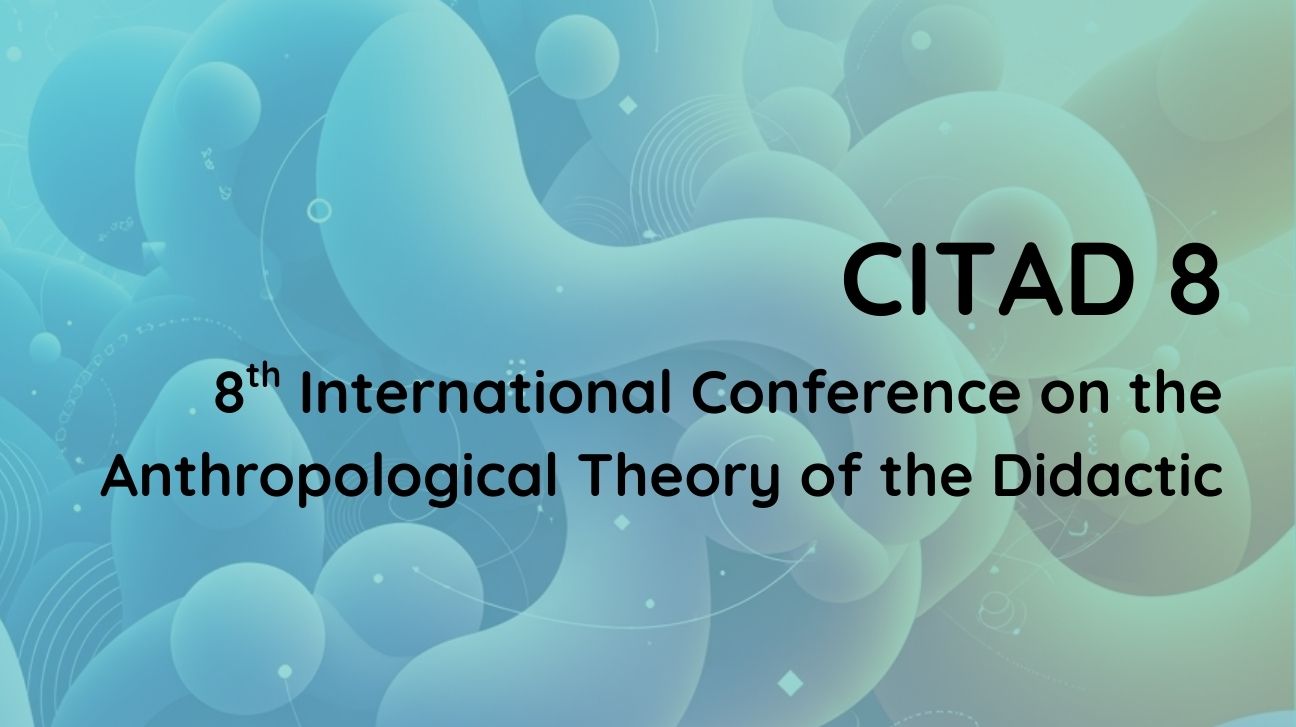
Professor Joaquim Ortega Cerdà, from the University of Barcelona, has been elected as a member of the Royal Norwegian Society of Sciences and Letters, Norway’s oldest scientific and scholarly institution and one of Europe’s oldest and most respected academic institutions.
Founded in 1760 in Trondheim, the Society brings together researchers from a broad range of disciplines, with the aim of promoting science, scholarship, and international collaboration. Membership is offered to individuals whose work has made a meaningful contribution to their field.
Ortega has spent much of his academic life working in complex analysis, particularly in the study of the inhomogeneous Cauchy–Riemann equation, Bergman kernels, and sampling and interpolation problems. His research also touches on Dirichlet series, viewed from the perspective of infinite-dimensional analysis, and more recently, on random point processes and optimal configurations.
After completing his PhD at the Universitat Autònoma de Barcelona, he held research and teaching positions at the University of Wisconsin–Madison, the Universitat Politècnica de Catalunya, and eventually joined the University of Barcelona in 1997, where he continues to teach and work today.
Over the years, Ortega has maintained strong ties with the mathematical communities in Norway and Scandinavia, spending time at the Centre for Advanced Study in Oslo, the Universities of Gothenburg and Trondheim, and the Mittag-Leffler Institute, among others. In 2016, he was invited to give a lecture at the European Congress of Mathematics.
Rather than viewing the nomination as a personal distinction, Ortega sees it as an opportunity to continue building bridges:
“First of all, it’s a recognition of a long history of collaborations with Norwegian mathematicians. It’s also a chance to strengthen those ties and to exchange ideas with colleagues from other disciplines, especially at a time when parts of society are casting doubt on scientific knowledge — as we’ve seen in recent debates around vaccines or climate models. In this context, I think academies can play an important role as spaces for dialogue, especially within the European sphere.”
His words reflect a broader view of science—not just as a pursuit of understanding, but as a shared endeavor that depends on trust, openness, and international cooperation.
Joaquim Ortega Cerdà is a professor at the University of Barcelona. His primary research interests focus on complex analysis in one and several variables, especially in addressing the inhomogeneous Cauchy-Riemann equation. Through this approach, he investigates significant problems, such as estimating the size of the Bergman kernel, describing zero sets, and analyzing sampling and interpolating sequences. Ortega Cerdà also explores related topics, including Dirichlet series from the perspective of function theory within the infinite-dimensional polydisk, as well as random point processes and optimal configuration sets.
Personal website: https://mat.ub.edu/departament/professors/ortega-cerda-joaquim/
Subscribe for more CRM News
|
|
CRM CommPau Varela
|
Homotopy Theory Conference Brings Together Diverse Research Perspectives
The Centre de Recerca Matemàtica hosted 75 mathematicians from over 20 countries for the Homotopy Structures in Barcelona conference, held February 9-13, 2026. Fourteen invited speakers presented research spanning rational equivariant cohomology theories, isovariant...
Three ICM speakers headline the first CRM Faculty Colloquium
On 19 February 2026, the Centre de Recerca Matemàtica inaugurated its first CRM Faculty Colloquium, a new quarterly event designed to bring together the mathematical community around the research carried out by scientists affiliated with the Centre. The CRM auditorium...
Trivial matemàtiques 11F-2026
Rescuing Data from the Pandemic: A Method to Correct Healthcare Shocks
When COVID-19 lockdowns disrupted healthcare in 2020, insurance companies discarded their data; claims had dropped 15%, and patterns made no sense. A new paper in Insurance: Mathematics and Economics shows how to rescue that information by...
L’exposició “Figures Visibles” s’inaugura a la FME-UPC
L'exposició "Figures Visibles", produïda pel CRM, s'ha inaugurat avui al vestíbul de la Facultat de Matemàtiques i Estadística (FME) de la UPC coincidint amb el Dia Internacional de la Nena i la Dona en la Ciència. La mostra recull la trajectòria...
Xavier Tolsa rep el Premi Ciutat de Barcelona per un resultat clau en matemàtica fonamental
L’investigador Xavier Tolsa (ICREA–UAB–CRM) ha estat guardonat amb el Premi Ciutat de Barcelona 2025 en la categoria de Ciències Fonamentals i Matemàtiques, un reconeixement que atorga l’Ajuntament de Barcelona i que enguany arriba a la seva 76a edició. L’acte de...
Axel Masó Returns to CRM as a Postdoctoral Researcher
Axel Masó returns to CRM as a postdoctoral researcher after a two-year stint at the Knowledge Transfer Unit. He joins the Mathematical Biology research group and KTU to work on the Neuromunt project, an interdisciplinary initiative that studies...
The 4th Barcelona Weekend on Operator Algebras: Open Problems, New Results, and Community
The 4th Barcelona Weekend on Operator Algebras, held at the CRM on January 30–31, 2026, brought together experts to discuss recent advances and open problems in the field.The event strengthened the exchange of ideas within the community and reinforced the CRM’s role...
From Phase Separation to Chromosome Architecture: Ander Movilla Joins CRM as Beatriu de Pinós Fellow
Ander Movilla has joined CRM as a Beatriu de Pinós postdoctoral fellow. Working with Tomás Alarcón, Movilla will develop mathematical models that capture not just the static architecture of DNA but its dynamic behaviour; how chromosome contacts shift as chemical marks...
Criteris de priorització de les sol·licituds dels ajuts Joan Oró per a la contractació de personal investigador predoctoral en formació (FI) 2026
A continuació podeu consultar la publicació dels criteris de priorització de les sol·licituds dels ajuts Joan Oró per a la contractació de personal investigador predoctoral en formació (FI 2026), dirigits a les universitats públiques i privades del...
Mathematics and Machine Learning: Barcelona Workshop Brings Disciplines Together
Over 100 researchers gathered at the Centre de Recerca Matemàtica to explore the mathematical foundations needed to understand modern artificial intelligence. The three-day workshop brought together mathematicians working on PDEs, probability, dynamical systems, and...
Barcelona + didactics + CRM = CITAD 8
From 19 to 23 January 2026, the CRM hosted the 8th International Conference on the Anthropological Theory of the Didactic (CITAD 8), a leading international event in the field of didactics research that brought together researchers from different countries in...

